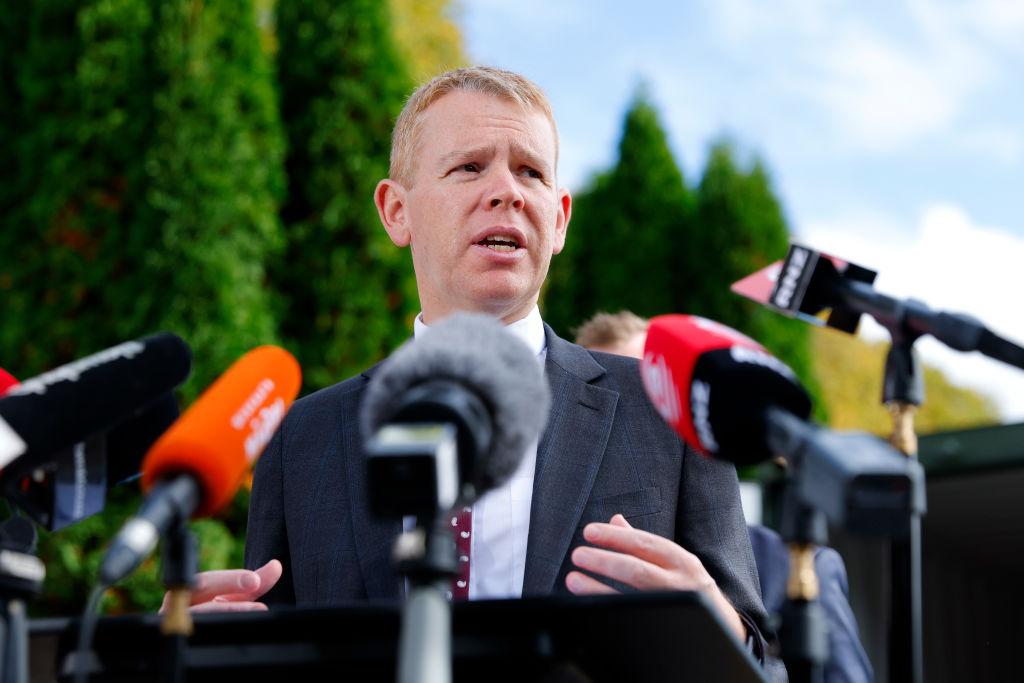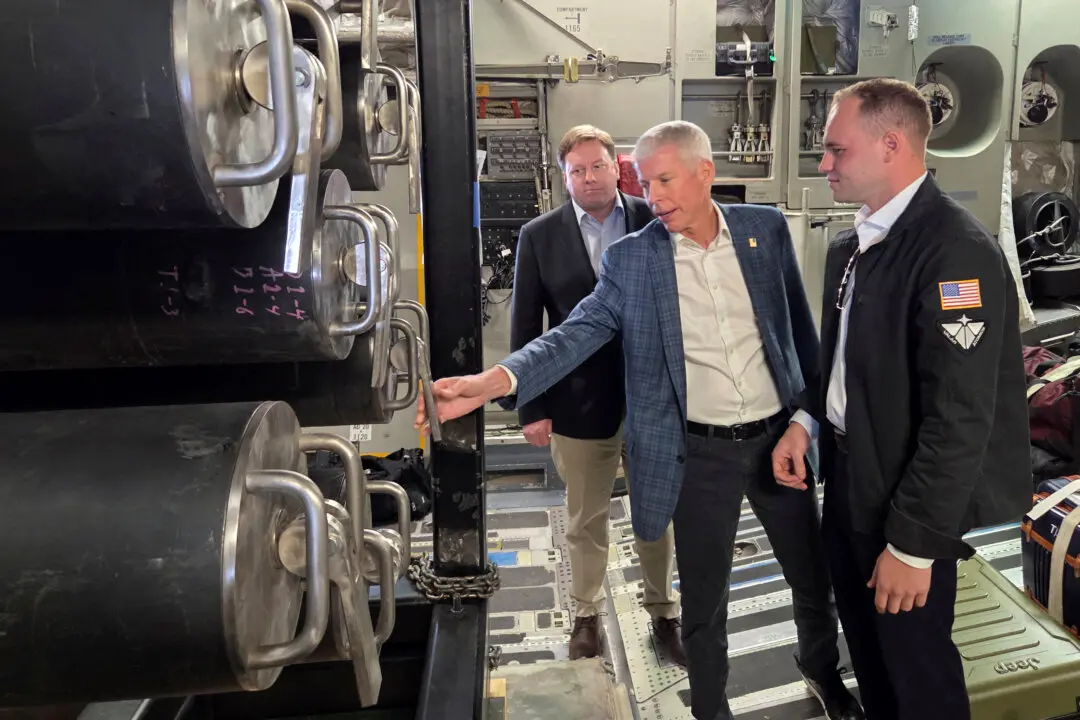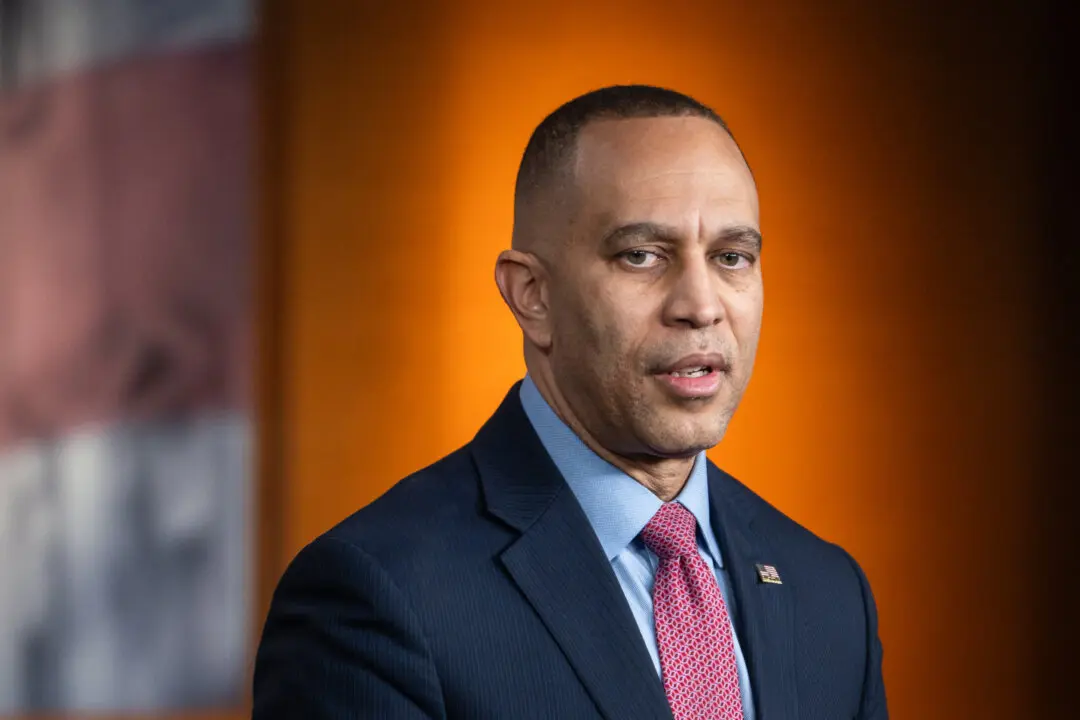New Zealand’s leader says that although his country has “sizable economic interests” in China, it also sees “high-value markets” through free trade agreements (FTA) with the United Kingdom, European Union, and an Asia–Pacific trade group.
Prime Minister Chris Hipkins made the remarks at the China Business Summit in Auckland on July 17, and he reaffirmed his commitment to advancing trade opportunities for exporters amid a complex global landscape.





